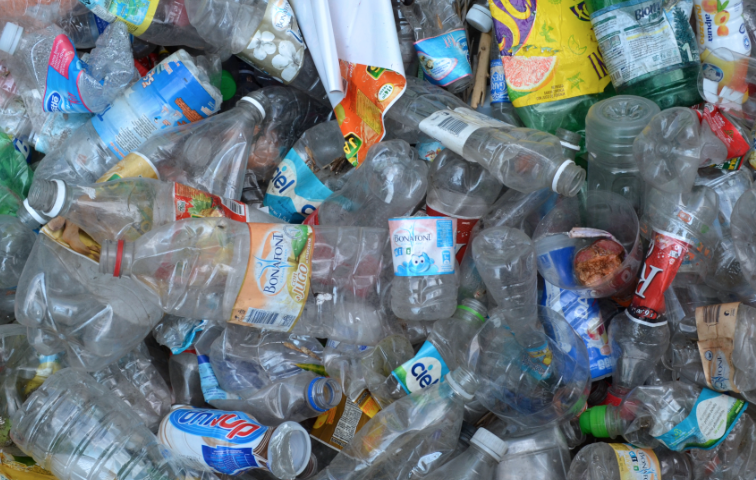The Big Recyclable Plastic Lie Exposed

A recent report suggests that major oil companies and plastic producers have been aware for over three decades that recycling is not a sustainable solution. The Center for Climate Integrity (CCI), known for its left-leaning stance, alleges that entities like Exxon Chemical and the Society of the Plastics Industry (SPI) have deceived the public regarding recycling to evade regulations and financial losses.
According to the report, the plastic industry has acknowledged the impossibility of repurposing certain plastics, complicating sorting processes and increasing costs. Despite this knowledge, companies have persisted in promoting recycling through marketing campaigns.
Internal documents highlighted in the report reveal industry insiders' concerns about the economic and technical challenges of plastic recycling. Richard Wiles, President of CCI, emphasized the necessity of holding corporations accountable for their actions, stating that lying about the risks posed by their products warrants consequences.
Statistics indicate that although about 32% of Americans recycle, the majority of products (72%) end up in landfills, with only 9% being recycled. Plastics, derived from fossil fuels like oil and gas, pose environmental risks due to their increased toxicity over time, limiting their recyclability for food packaging and related purposes.
The report traces the origins of the plastic waste issue to the 1950s, when single-use plastics were introduced to stimulate consumer consumption. Industry directives in the 1960s emphasized disposability, leading to widespread misconceptions about the ease of plastic disposal.
Efforts to ban single-use plastics gained traction in the 1980s, prompting the industry to pivot towards recycling as a solution. However, reports from the Vinyl Institution (VI) in 1986 questioned the efficacy of recycling, suggesting that it merely postpones waste disposal.
Despite such warnings, initiatives like the Plastics Recycling Foundation and promotional efforts by companies like McDonald's touted plastic as recyclable and environmentally superior to alternatives. Critics argue that such claims were misleading and aimed at protecting industry interests.
Documents from the 1990s reveal skepticism within the industry about the feasibility of plastics recycling, with companies expressing commitment to the process while doubting its outcomes.
Recent advertising campaigns by industry groups like America’s Plastic Makers have come under scrutiny, accused of misrepresenting the recyclability of plastic products. While industry representatives argue for the sustainability of plastics, critics argue that outdated technologies and inadequate recycling infrastructure undermine such claims.
In 2022, the Polypropylene Recycling Coalition's efforts to promote polypropylene recyclability received mixed responses, with environmental groups challenging the accessibility and effectiveness of recycling programs.
Although the report does not allege legal violations, concerns have been raised regarding potential breaches of public nuisance, racketeering, and consumer fraud laws.